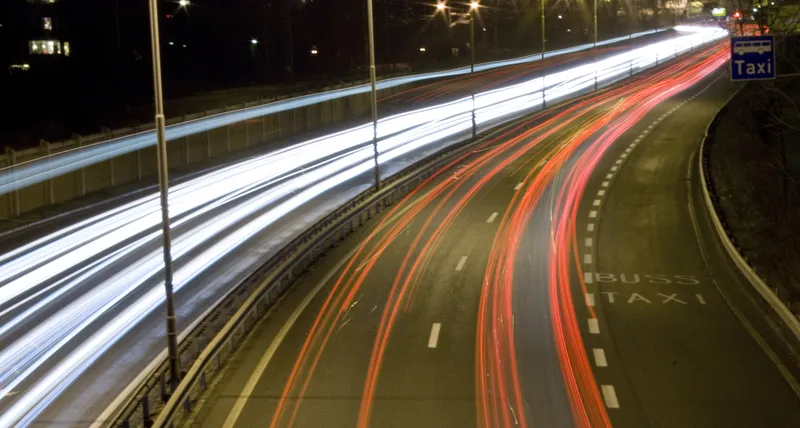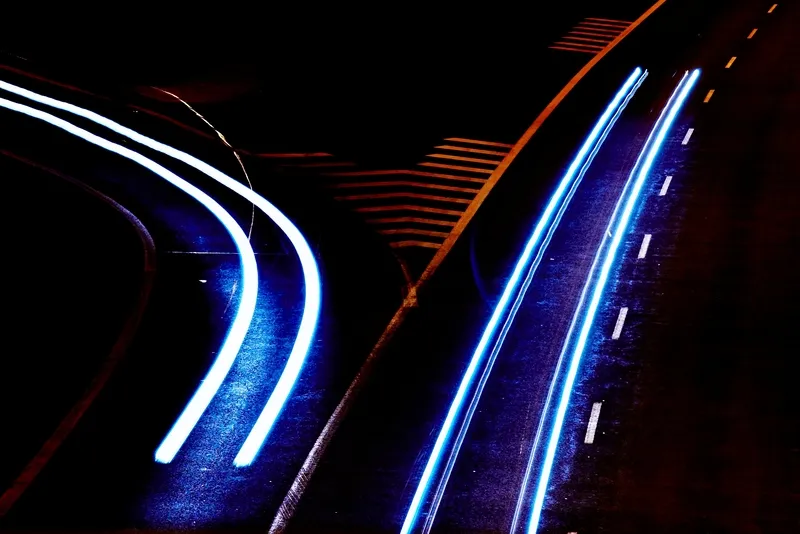
Kapsch TrafficCom's barrier-free tolling hardware for Norwegian toll operator Vegfinans is now live in Oslo.
After completing all relevant tests, the system was handed over to the client on 10 July and began operation on National Road 4, north of Norway’s capital city.
Kapsch said that final customer acceptance is expected after an operation period in early 2026.
With the new technology, Vegfinans can deliver reliable, comfortable and precise toll collection to its customers.
"We are pleased with the successful installation of the first toll station ... and are eager to continue our collaboration on several forthcoming projects," said Dan Isak Kveta, project manager at Vegfinans.
The system is live in the Innlandet region and is the first of multiple projects that will cover the counties Akershus, Buskerud, Innlandet, Telemark, Vestfold and Østfold. Vegfinans - owned by these counties - was created in 2001 and is headquartered in Drammen.
All toll roads in Norway have an operator responsible for the financing of the road project. The right to demand payment of toll charges is granted when a toll charge agreement is entered into with the Norwegian Public Roads Administration - Statens Vegvesen.
The new tolling solutions will span highways and smaller cities, contributing to enhanced transportation efficiency and sustainability across the greater region.
Kapsch TrafficCom said it reached full points in the areas of climate impact and system quality during the tender process, distinguishing itself by a focus on environmental responsibility, which includes selecting eco-friendly materials, implementing efficient maintenance practices, optimising delivery methods, and ensuring the repair and recycling of hardware.
The solution includes procurement and installation, as well as the maintenance of charging point equipment for multi-lane free-flow toll stations, supporting on-board equipment communication and licence plate recognition.
In line with the system’s design objectives, Kapsch TrafficCom has successfully integrated the CPE with AutoPass back-office systems for data processing and invoicing. This ensures compliance with EN 15509 and ISO 14816 standards and enabled real-time data exchange with Vegfinans’ monitoring systems.
The tolling solution is a modular design that allows future scalability and technology upgrades and meets GDPR and security regulations to ensure data protection and system integrity.
Kapsch TrafficCom’s role includes full maintenance, remote monitoring and proactive support, ensuring system uptime and long-term reliability.









